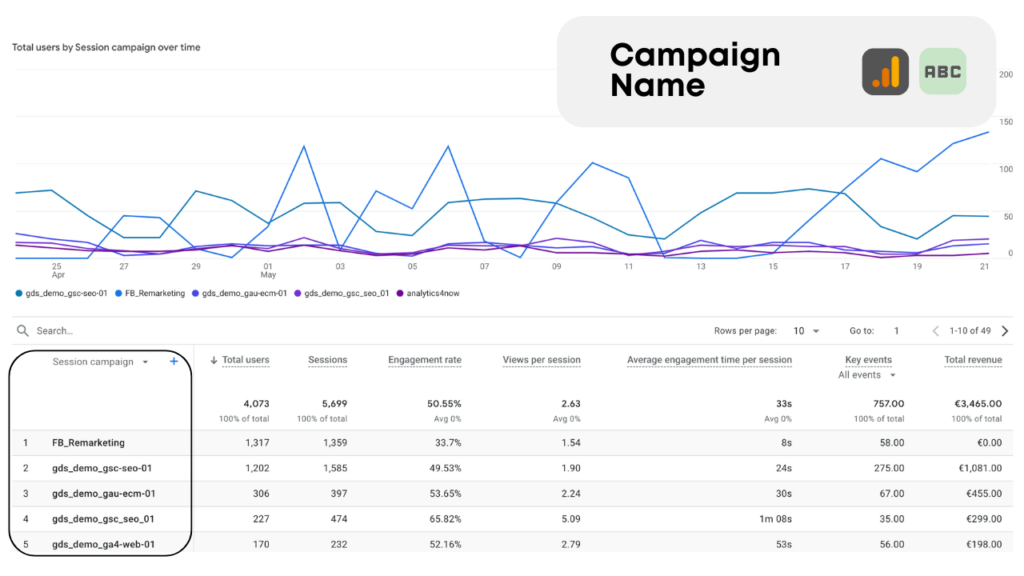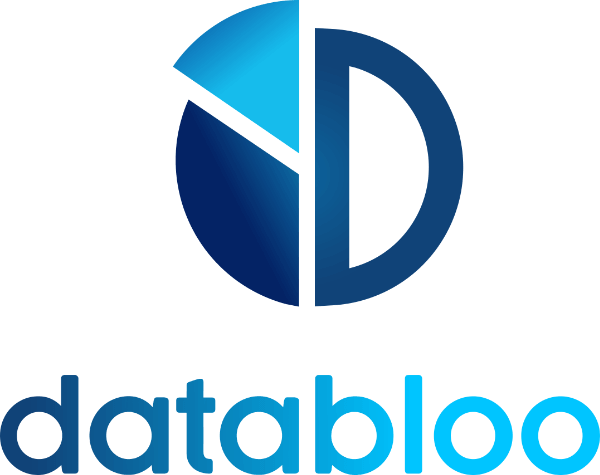Table of Contents
Overview
- Data Source: Google Analytics 4 (GA4)
- Type: Text
- Campaign Name is a descriptor used within Google Analytics to identify and differentiate individual marketing campaigns. It is a component of UTM (Urchin Tracking Module) parameters that are added to URLs to track the performance of various marketing efforts.
Description
The Campaign Name is a crucial element in digital marketing analytics, allowing marketers to assign specific names to their campaigns for tracking purposes in Google Analytics. This naming facilitates the aggregation and analysis of data from different sources, mediums, or strategies under a unified label, enabling a clear assessment of each campaign’s effectiveness.

UTM Parameters
- Usage: The Campaign Name is typically used in conjunction with other UTM parameters such as utm_medium, utm_source, utm_term, and utm_content to provide a comprehensive view of campaign performance across various dimensions.
- Implementation: It is appended to URLs in the format utm_campaign=campaign_name, where campaign_name is a user-defined identifier for the campaign.
Indicators
- Effective Naming: Clear, descriptive, and consistent naming conventions for campaigns enhance the ease and accuracy of tracking and analyzing campaign performance.
- Ineffective Naming: Vague or inconsistent naming can lead to confusion, difficulty in tracking campaign performance, and challenges in comparing campaigns or assessing their impact.
Use Cases
- Performance Measurement: Evaluate the effectiveness of specific marketing campaigns in driving traffic, engagement, and conversions by analyzing the data associated with each campaign name.
- ROI Analysis: Assess the return on investment for different campaigns by linking campaign-driven user actions to outcomes, such as sales or leads, attributed to specific campaign names.
- Comparative Analysis: Compare the performance of various campaigns by analyzing metrics like traffic, bounce rate, conversion rate, and time on site for users coming from URLs tagged with different campaign names.
- Optimization: Use insights gained from campaign data to optimize ongoing or future marketing efforts, refining targeting, messaging, and content based on what performs best.
- Budget Allocation: Make informed decisions about where to allocate marketing budgets by identifying which campaigns (as denoted by their names) yield the best results in terms of engagement, conversions, and other key performance indicators.

